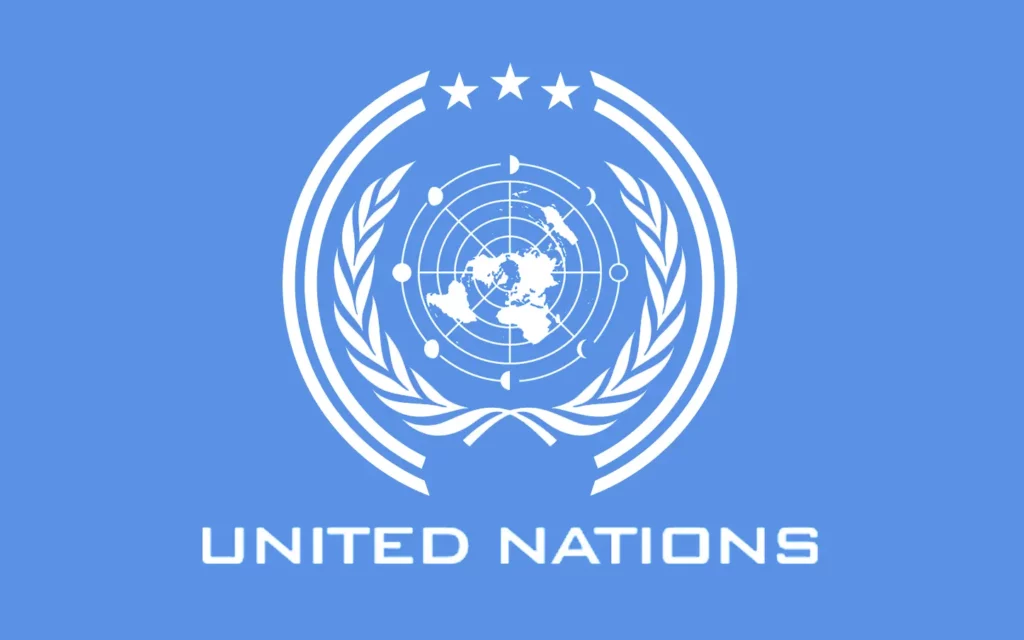UNITED NATIONS: United Nations Secretary-General António Guterres issued a new appeal to all parties to “stop the dangerous cycle of retaliation in the Middle East”.
“The Secretary-General condemns any act of retaliation and appeals to the international community to work together to prevent any further development that could lead to devastating consequences for the entire region and beyond,” he said in a statement issued by his Office.
Echoing those concerns, UN atomic energy agency chief Rafael Grossi urged “extreme restraint” from all sides, after more than six and a half months of war in Gaza that have fuelled fears of a wider regional conflict.
“IAEA can confirm that there is no damage to Iran’s nuclear sites” and Director-General Grossi “continues to call for extreme restraint from everybody and reiterates that nuclear facilities should never be a target in military conflicts”, the International Atomic Energy Agency said in a tweet following unconfirmed media reports that possible drone strikes had targeted the Iranian province of Isfahan, which is home to nuclear facilities and military garrisons.
In Geneva, too, the UN human rights office OHCHR urged all parties “to take steps to de-escalate the situation” rapidly.
“(We) call on third States, in particular those with influence, to do all in their power to ensure there is no further deterioration in an already extremely precarious situation,” said OHCHR spokesperson Jeremy Laurence.
In Gaza, aid teams offered new insight into the dangers faced by Palestinian civilians – particularly pregnant women and breastfeeding mothers – as a result of the “wanton destruction” of vital medical equipment and widespread “dehydration, malnutrition and fear” among Palestinians.
Speaking to journalists in Geneva, Dominic Allen, Representative for the UN sexual and reproductive health agency UNFPA for Palestine, said that there were indications that the number of complicated births is nearly twice what it was before war erupted.
“There is absolutely an increase in the numbers,” he said, adding that pre-war, around 15 per cent of births required some form of emergency obstetric care. Today, some doctors have reported “a doubling of what they previously had dealt with, and this is due to malnutrition, dehydration and fear, which impact the pregnant woman’s ability to give birth safely and carry their baby to full term safely,” the UNFPA official said.



